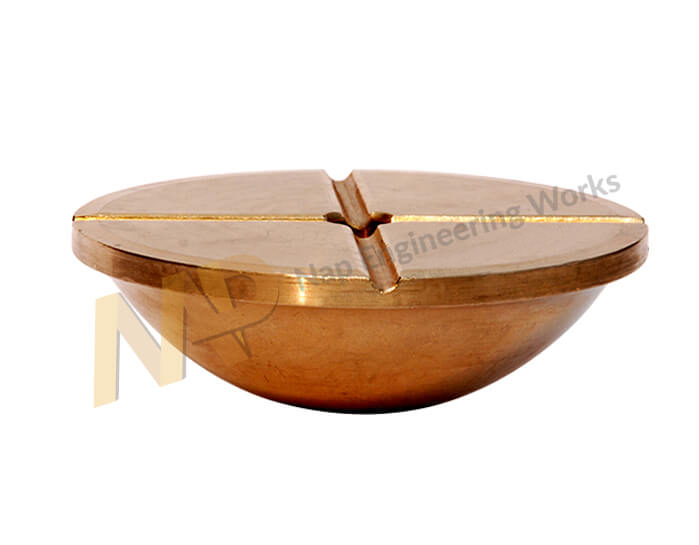6 Common Non-Ferrous Casting Products Used By Manufacturers
For someone not aware of the term yet, non-ferrous casting is basically the process through which raw materials and turned into refined products by heating and melting the metals. This metal casting process is regarded to be a proven method of manufacturing metal components of various shapes and sizes. Non-ferrous metals are generally required for numerous electronic applications as they are non-magnetic. Its base molecular build even helps in preventing any sort of corrosion.
Few Common Metals And Alloys Used By Non-Ferrous Casting Product Manufacturers
- Master Alloys
When added to non-ferrous metals, master alloys helps in improving the physical properties of the casted product. The ratios of the alloys can be altered to accommodate conditions existing in the user’s plant. A suitable grain refiner alloy is selected after considering the secondary aluminium used, the alloy to be treated, the quality of recycling, the casting and melting practices used and the desired size of the grain in the product.

- Manganese Bronze Special Ingot
It is basically a bronze alloy used by bronze casting manufacturers. Manganese is generally added to improve the strength of the metal. Though it is known as manganese bronze alloy, the quantity of manganese used is quite negligible. The alloy mainly comprises of zinc and copper. The metal is used in the industrial sector to manufacture bearings, gears, valve stems and nuts. The metal is joined using the coated-metal arc welding method which makes the joint long lasting.
- Ferro And Manganese Aluminium
Ferro aluminium is used in aluminium alloys to harden the final product. On the other hand, manganese aluminium helps in enhancing the casting soundness. The intermetallic form of iron used in the alloy is controlled by aluminium which helps in improving its shrinkage characteristics and ductility.
- Phosphorous Copper Shot
Numerous phosphor bronze casting manufacturers use phosphorous-copper shot as a wetting agent, alloying agent and deoxidizer for copper alloys. When added to aluminium, it acts as a nucleation agent and modifies the silicon.
- Silicon Metal
For electrical applications which require high conductivity, silicon is the most commonly used metal. It has other special applications as well. In fact, a majority of the non-ferrous casting products manufacturers use silicon as the primary alloying element. Adding this metal helps in improving the feeding, fluidity and hot tear resistance of the final product.
- Flux
Chemical fluxes for aluminium offer numerous functions. They prevent the melt from picking up hydrogen and oxidation by forming a molten layer over it. Casting manufacturers can easily remove the fluxes from the metal’s surface. Sodium can also be introduced to the fluxes to enhance its microstructure. Sometimes, exothermic fluxes are also used so that the aluminium liquid trapped in the dross layer returns to the melt.
Since you are now aware of the common metals and alloys used by non-ferrous casting product manufacturers, choose one according to your casting requirements and approach a reliable manufacturer offering it.

